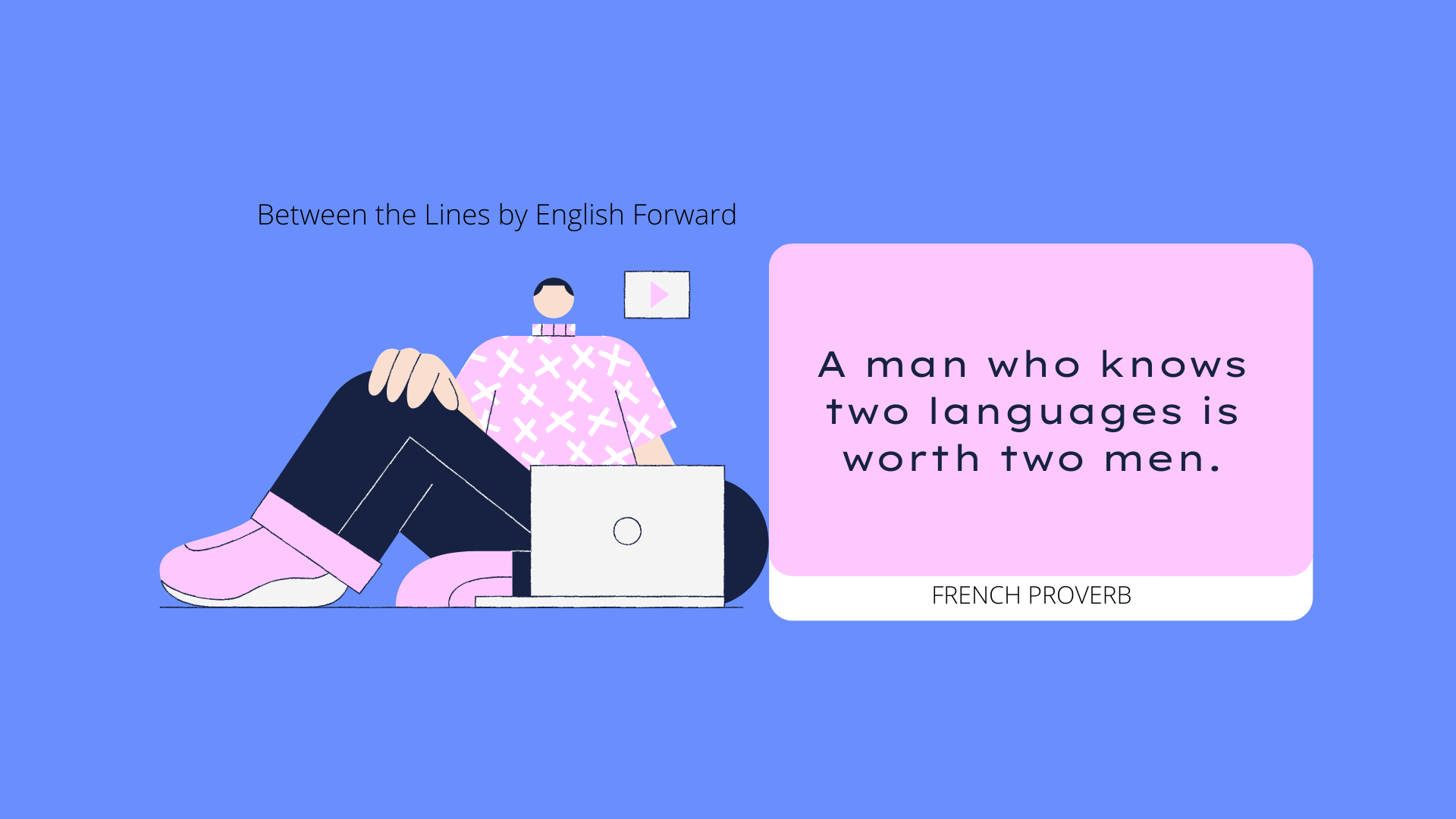A noun is described as the name of a person, place or thing. There are different types of nouns, namely concrete nouns and abstract nouns.
What is a concrete noun?
A concrete noun is anything we can perceive with one or more of the five senses (taste, touch, see, hear or smell). They are physical and tangible. General examples of concrete nouns include; mother, teacher, desk, chair, pen.
Examples of concrete nouns
We can group the concrete nouns as per each of the five senses for better comprehension:
1.Sight
The following concrete nouns are things we can see with our eyes
- Car
- Dog
- Student
- Television
- Suitcase
2.Hear
These concrete nouns are things we can hear
- Noise
- Whistle
- Song
- Voice
- Speech
3.Taste
The concrete nouns below are things we can taste
- Steak
- Cake
- Medicine
- Juice
- Sweets
4.Smell
Every concrete noun listed below are things we can smell:
- Flower
- Perfume
- Soap
- Aroma
- Incense
5.Touch
Each concrete noun below can be perceived with the sense of touch:
- Skin
- Wool
- Puppy
- Hair
- Nose
Is a person’s name a concrete noun?
A person’s name, such as Joan, is principally a proper noun because it is a specific name. It is, however, also a concrete noun especially in sentence context, because Joan is a person who we can perceive with one or more of the five senses. So in conclusion, a person’s name is a concrete noun as much as it is a proper noun.
Abstract nouns vs concrete nouns
An abstract noun is anything that cannot be perceived with the five senses. It is the opposite of a concrete noun. They can also be described as intangible entities. The nouns’ abstract nature is not physical and they are mostly ideas, feelings, qualities or states of being.
Examples of abstract nouns are:
- Anger
- Happiness
- Charity
- Pride
- Success
- Confidence
- Bravery
Each example mentioned is something we can only feel but cannot smell, taste, touch, see or hear.
Identifying concrete nouns in sentences
Concrete nouns and abstract nouns work together for effective communication. Consider the word sadness. It is an abstract noun. It is hard to explain based on our five senses – you cannot see, touch, taste, hear, or smell it. However, you can use one or more concrete nouns for clarity.
For instance, you can explain that it feels like a heavy rock pressed against your chest. Here, you have used concrete nouns -rock and chest- for a clear understanding of the abstract noun sadness.
Sometimes, the context in which concrete nouns and abstract nouns are used can be confusing. Some words can be abstract in one context and concrete in another. For example:
- A plane can break the atmosphere but not the water. (Here, atmosphere refers to the envelope of gases surrounding the Earth, which makes it a concrete noun.)
- Russia presents an atmosphere of fear and secrecy. (Here, atmosphere refers to the mood of a place, which makes it an abstract noun.)
A noun, concrete or abstract, is labeled on the basis of its meaning and not its grammatical function. In other words, an abstract noun and concrete noun operate the same way grammatically.
Concrete nouns are the objects that create the effect. A smile is a concrete noun because you experience the event physically. The emotion that the smile emits, happiness, is the noun of abstract nature.
Examples of concrete nouns in sentences
- The house at the end of the street belongs to Mark.
- There is a snake in the grass.
- Did you lock your desk with a padlock?
- For lunch, we bought rice and chicken.
- I am sure Mr. Harris cannot let us carry our phones to school.
Identify by underlining the noun(concrete noun) in each of the sentences below
- My dog likes to eat bread.
- I left my backpack on the bus.
- The picture you painted is very pretty.
- We made pizza at home yesterday.
- I loved the cake she baked for me.
- People enjoy the sun in the park.
- The pool was cleaned yesterday.
- Women spend a lot of money on perfume.
- Her school books fell into the water.
- Our parents bought a new car.


 Clap
Clap
